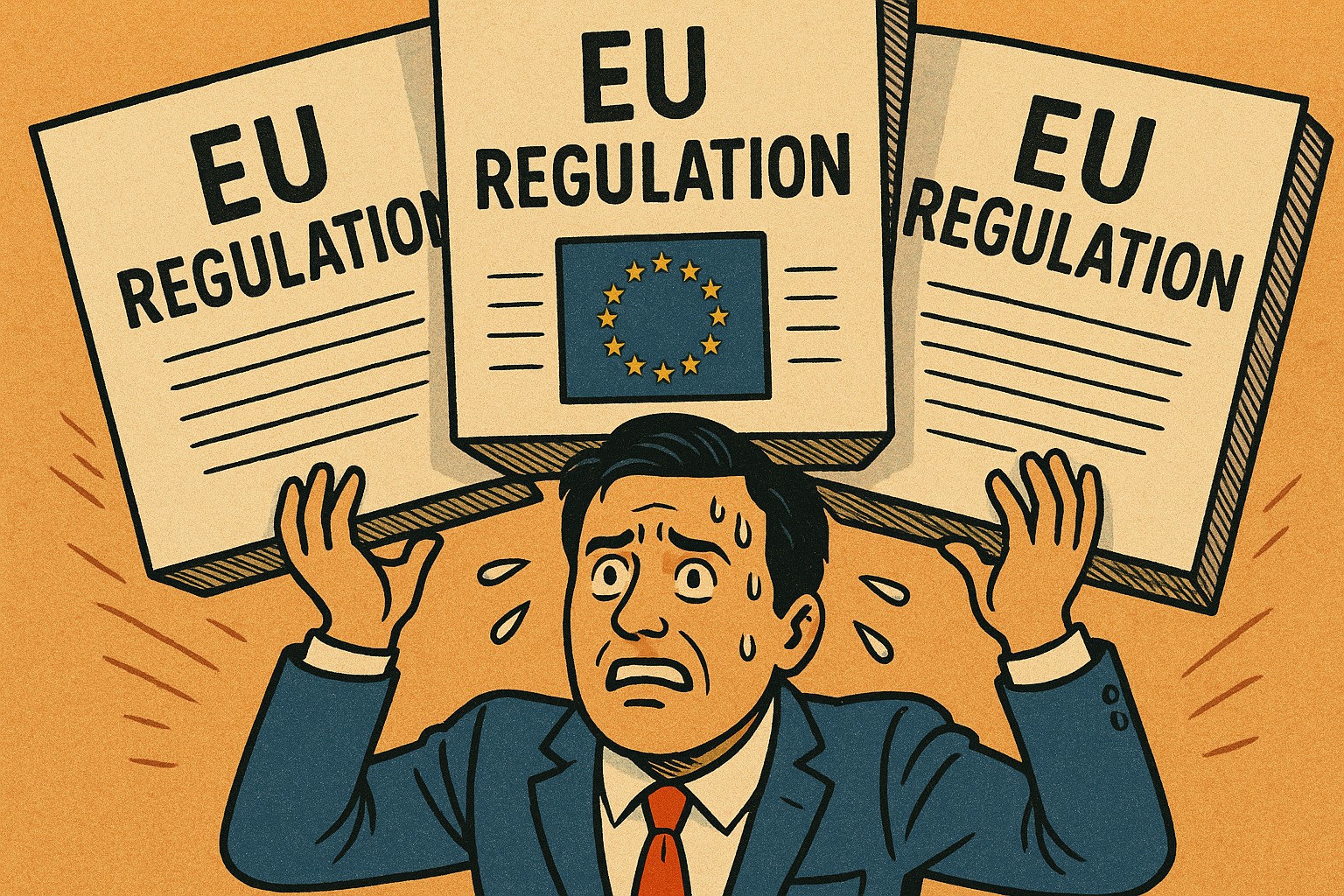
In recent years, the European Union has positioned itself as a global regulatory power in the digital economy. Through landmark initiatives such as the Digital Markets Act (DMA), the Digital Operational Resilience Act (DORA), and the Artificial Intelligence Act (AI Act), Brussels has sought to shape the conduct of major technology firms, financial institutions, and startups. These rules are now in effect or entering into force between 2024 and 2026, and their reach extends far beyond Europe’s borders. As analyzed in report Lessons for Asian Policymakers from the Emerging Impacts of the EU’s Digital Regulations on Startups and SMEs (Nextrade Group, 2025), the European experience offers valuable lessons for Asia.
While European regulators highlight the importance of consumer protection, fair competition, and safe AI, the emerging evidence points to significant unintended consequences. Compliance costs are rising sharply: surveys suggest that large financial institutions may spend €5–15 million each to comply with DORA, while AI startups anticipate devoting up to 20 percent of management time and around €100,000 annually to compliance staff. The burden falls disproportionately on smaller firms, which lack the scale to absorb such costs.
The broader economic effects are troubling. Firms are cutting back on R&D and technology adoption to meet regulatory demands, undermining innovation capacity. In surveys of European financial services firms, over half of small companies reported plans to reduce non-DORA technology investments by more than five percent. At the same time, consumers are facing higher costs and less personalized services. Hotels, for example, report losing direct bookings due to changes in Google search mandated by the DMA, with revenues shifting toward third-party aggregators that charge commissions.
These dynamics are set against the backdrop of Europe’s longstanding struggle with digital competitiveness. Compared with the United States, Europe produces far fewer startups, attracts less venture capital, and invests less in AI and R&D. The U.S. has eight times more unicorns and four times more AI startups. Of the world’s fifty leading technology companies, only four are European – and none created in the past fifty years. Even European policymakers, including Mario Draghi and the European Commission itself, have voiced concerns that excessive regulation is undermining innovation and growth.
For Asia, the lesson is clear: do not blindly copy the Brussels model. Several Asian economies are already debating EU-style frameworks. India considered a digital competition law similar to the DMA but withdrew the draft in 2025 after pushback from domestic tech firms. Korea has adopted an AI Basic Act inspired by the EU’s risk-based approach, while Indonesia is exploring competition rules for digital markets.
Yet alternatives exist. Japan’s 2025 AI law emphasizes collaboration between government, business, and researchers to promote innovation while managing risks. Singapore has pursued a balanced model focused on standards, data access, and compute resources for AI research. The United Kingdom has promoted sandboxes and flexible data rules to encourage experimentation and investment. In financial services, international frameworks such as the Financial Stability Board’s toolkit and the Basel Committee’s guidelines offer more proportionate approaches to third-party risk management than DORA.
Conclusion
The EU’s digital regulations reflect a regulatory philosophy rooted in precaution, but the costs are proving high for startups, SMEs, and consumers. Asian governments should take heed. Regulation must be tailored to domestic market realities, focus on enabling innovation, and avoid erecting barriers that weaken competitiveness. By learning from Europe’s experience, Asia has the opportunity to build a more dynamic, inclusive, and forward-looking digital economy.
Summary by DigitalTrade4.EU
